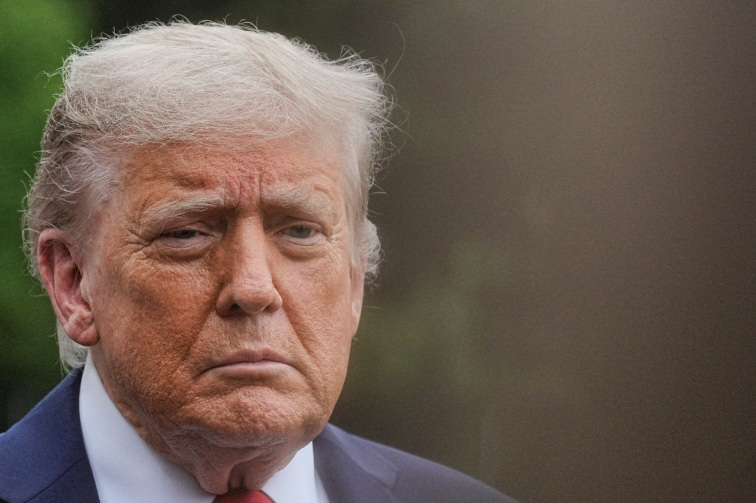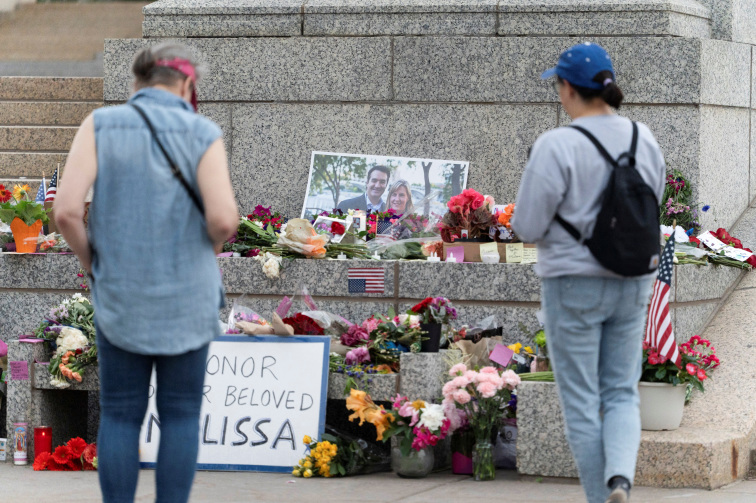(Reuters) -The U.S. Supreme Court gave a boost on Monday to a challenge by the Catholic Diocese of Albany to a 2017 New York state regulation that generally requires employer-sponsored health insurance plans to cover abortions.
The justices threw out a 2024 New York Court of Appeals decision that the state regulation did not violate the rights of religious employers under the U.S. Constitution's protections for free exercise of religion.
The Supreme Court directed the lower court to reconsider the matter in light of its June 5 ruling that revived a bid by an arm of a Catholic diocese in Wisconsin for a religious exemption from that state's unemployment insurance tax. Both the Wisconsin and New York regulations allow exemptions for religious employers who primarily employ and serve people of their own faith.
The Albany Diocese has said New York's exemption is too narrow because it does not include organizations that have a broader purpose such as serving the poor or that employ or serve a large number of people who did not share their religion.
The rule adopted by New York's Department of Financial Services exempts non-profit entities whose primary purpose is the "inculcation of religious values" and serving co-religionists. The rule was made into law by the state legislature in 2022, though the law was not challenged in the lawsuit.
The diocese filed suit to challenge the regulation. The state Court of Appeals previously ruled against the diocese in 2020, citing an earlier case before the same court upholding a New York contraception coverage requirement with a similar religious exemption.
In 2021, the Supreme Court ruled that the city of Philadelphia could not refuse to place foster children with a Catholic agency that turned away same-sex couples as would-be foster parents, and then ordered the New York court to reconsider the abortion coverage case in light of that ruling.
The state Court of Appeals last year said the Supreme Court's ruling did not change the outcome because it was narrowly focused on the facts of that case and did not overturn the longstanding precedent that neutral, generally applicable laws can sometimes restrict religious expression.
The Supreme Court, with its 6-3 conservative majority, has taken an expansive view of religious rights in a series of rulings in recent years. That includes the June 5 decision, which said that courts must subject laws or regulations demonstrating a preference for certain religions over others to the most stringent constitutional test, known as strict scrutiny.
(Reporting by Daniel Wiessner in Albany, New York and Brendan Pierson in New York; Editing by Will Dunham)











News magazine bootstrap themes!
I like this themes, fast loading and look profesional
Thank you Carlos!
You're welcome!
Please support me with give positive rating!
Yes Sure!